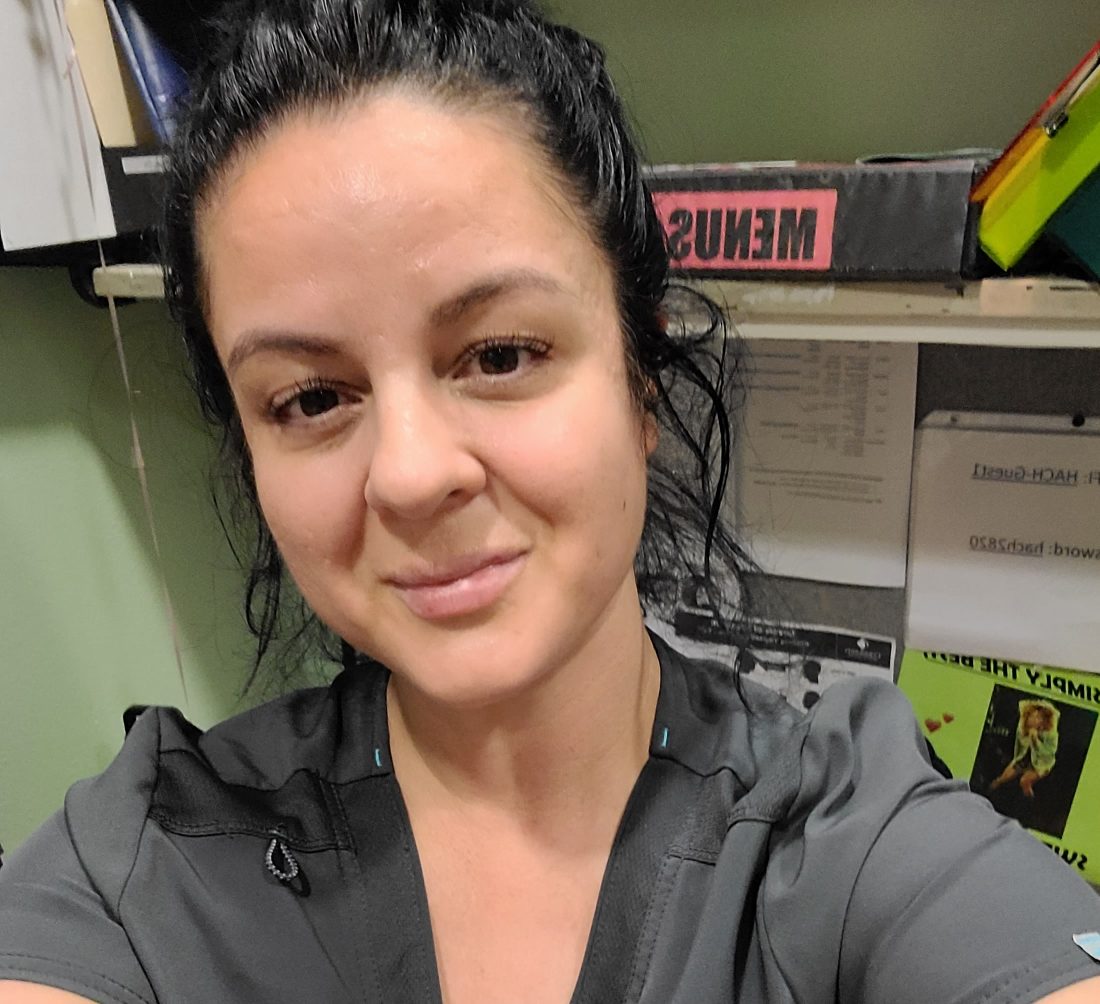Our certified nurse assistants undergo rigorous training and a state exam to get their license. Not only do they provide hands-on personal care, they offer warmth, reassurance and support. In celebration of National Nursing Assistants Week, we are highlighting some of our wonderful CNAs.
Brenda Maul-Diaz
What inspired you to become a CNA?
I always wanted to be a nurse when I was little; I took care of my grandfather since I was 13. But life happens and I never went to nursing school. I went to school to be a CNA instead. First I wanted to work with the elderly, which I did for 10 years. I went back to school and became a medical assistant but then I returned to being a CNA – it’s a calling. Sometimes you are the last person a patient sees; I want to make the transition easier for them.
What do you love about your job?
I’m hands on – we are there to give patients love and everything they need. I like that we can spend time with them. I’ve worked with patients on the home team and now here at Christopher House. I like both. Giving the patients a bath, applying lotion and oils – they love it – it’s so relaxing for them.
I was on the COVID-19 Response Team over 6 months. I wanted to be there to help them. It was not scary — we had everything we needed to protect ourselves before we went to see a patient with COVID.
I’ve worked for Hospice Austin for almost six years – it’s one of the best places I’ve ever worked.
Is there a particular way that you make connections with your patients or families?
When I go into a patient’s room, I listen to them – how they feel, what they want, what they expect from you. Everyone is different. If a patient is in pain, I let the nurse know, then ask them if I can give them a back rub or hand rub with oil which has lavender. Sometimes the pain is emotional too. Holding their hand and letting them know they are not alone – that helps them.
Is there a moment where you felt like you made a real difference in a patient’s or family’s life?
One of my patients lived all alone. I helped him clean his house and bathe. He was always happy to see me. We were the only family he had. Those are the people for who you really make a difference in their life. I started going five times a week, the nurse went three times a week and the doctor and social worker visited often. He wanted to be home and wanted to die at home, even though he lived alone. We wanted to make sure he had his wish.





